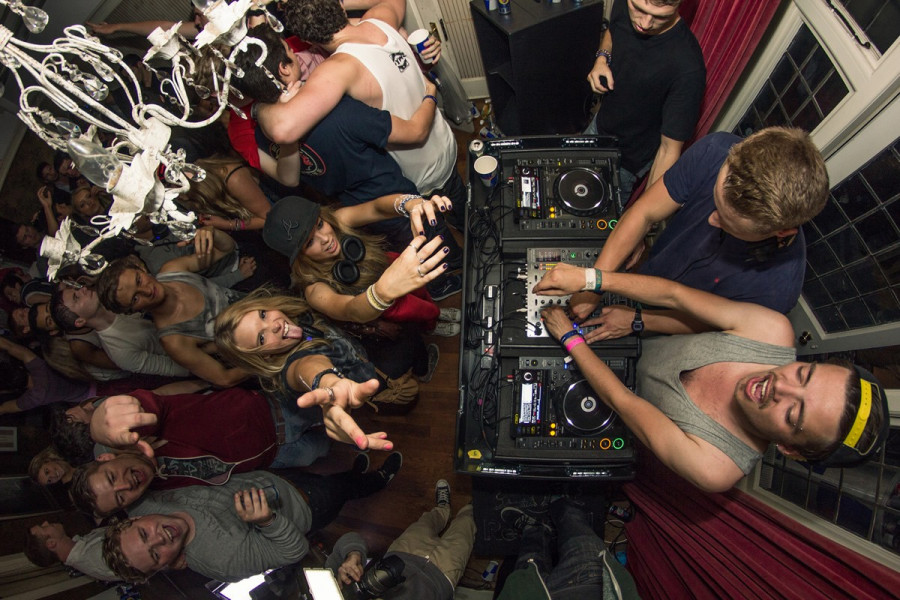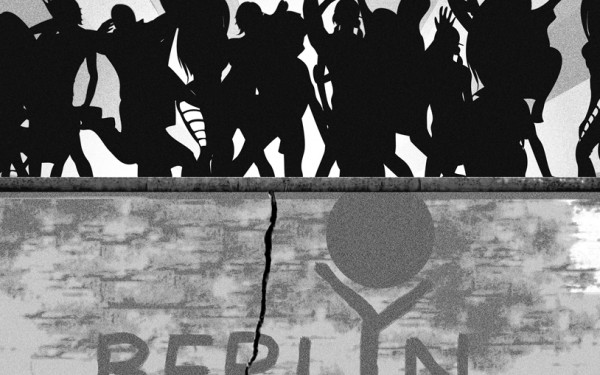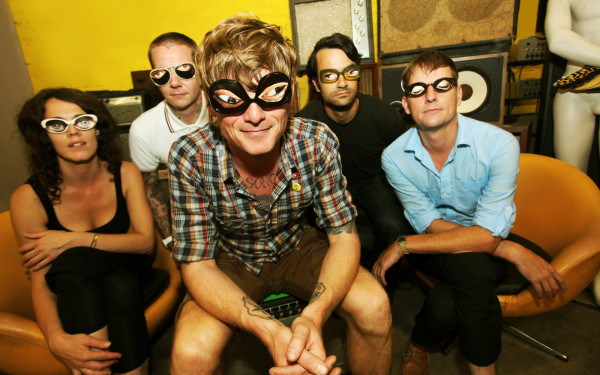The Underground Party Network of the Future
For anyone who has dreamed of hosting the greatest Montreal house party ever, Speakeasy is here to help make that dream a reality.
Well, it’s almost here.
A new website and app designed to help people host and find parties, Speakeasy was launched this year the weekend after Valentine’s Day. Forty-five events took place in New York, Toronto and San Francisco. And hopefully in the near future, Montreal will become a part of the Speakeasy network.
The site’s founder Kevin Bracken moved from Long Island, NY to Toronto after the re-election of then-president George W. Bush to double major in political science and sociology at the University of Toronto.
There he met Lori Kufner, with whom he would soon enter the world of massive-scale event planning. In 2005, Bracken and Kufner started Newmindspace to help organize all-ages events in Toronto and New York, from bubble battles and citywide capture-the-flag games to internationally celebrated pillow fight days.
After moving back to New York in 2009, Bracken ran a warehouse nightclub called Refuge for about a year. After working in marketing for New York event promotion agency Mirrorball, Bracken founded Speakeasy and moved to San Francisco.
“Through Newmindspace we created a platform for helping people host events in cities all over the world,” he said about the early stages of Speakeasy. “I consider the projects sort of related, because I think that they are all [working toward] the same goal, which is making the world a more fun, social place.
“We realized that this is actually something that there is a pretty substantial need for, and we could create a marketplace for all types of events.”
The first Speakeasy events were a party at Manhattan’s Koi Palace Gardens, a Chaos Cooking event in Brooklyn and a boat party on the Hudson River.
Anyone can host a party and post the event to the Speakeasy website and app. Strangers can then ask to attend the event and hosts can screen prospective guests by checking out their mutual Facebook friends or reading testimonials before inviting them.
“I have a pretty good idea of who most of these people are that are putting events on,” said Bracken. “Obviously you wouldn’t just post the address of your house and let everyone know there’s a party there.”
Speakeasy was made with house and loft parties in mind. Usually, events that require a level of exclusivity or secrecy are preferred because they tend to follow the project’s vision for alternative nightlife.
The most successful event this week is a Filipino dinner at an undisclosed location in New York. Most guests don’t know the host, but instead found out about the event through a food blog.
“We’re trying to enable these serendipitous connections to people in a safe and easy way.”
Most events are free, but for events that aren’t, Speakeasy takes a ticket fee and helps manage fee transactions.
Organized by Kigurumi Canada, Montreal’s Pillow Fight is happening at Phillips Square on April 6.
“Montreal is definitely a big priority for us, in terms of growing Speakeasy,” said Bracken.
Before launching Speakeasy in Montreal, Bracken wants to be sure the experience will be positive for everyone.
“If we decide to open up a new city and someone puts up an event and expects that a lot of people are going to show up and no one does—it’s a bad experience,” he said.
“It’s important to us that we establish some kind of critical mass before releasing it to the public.”
Building that publicity means being on the ground, building relationships, talking to people and making sure that there is enough interest.
“When we feel confident that there will be a confluence of activity, then we will launch,” he said.
For more info visit getspeakeasy.com.







_600_375_90_s_c1.jpg)